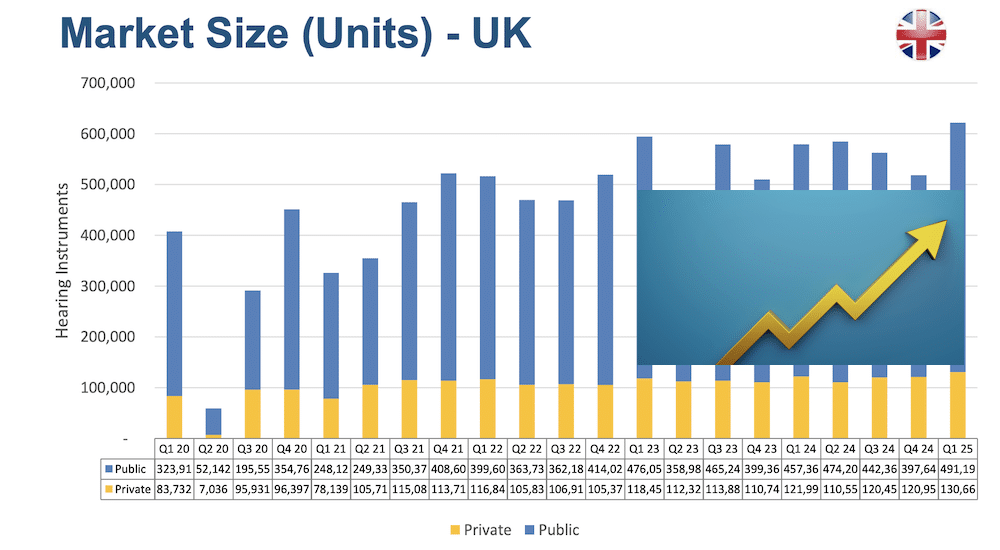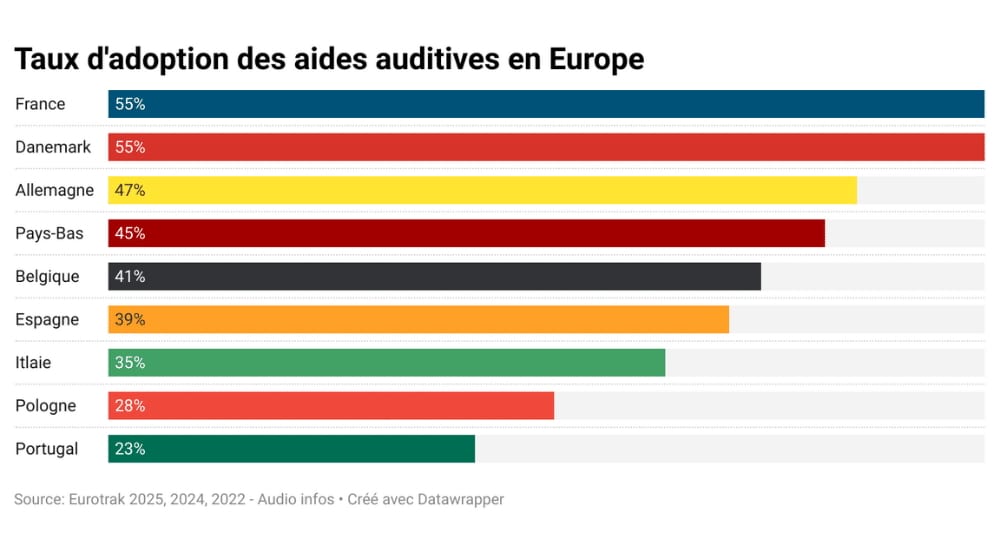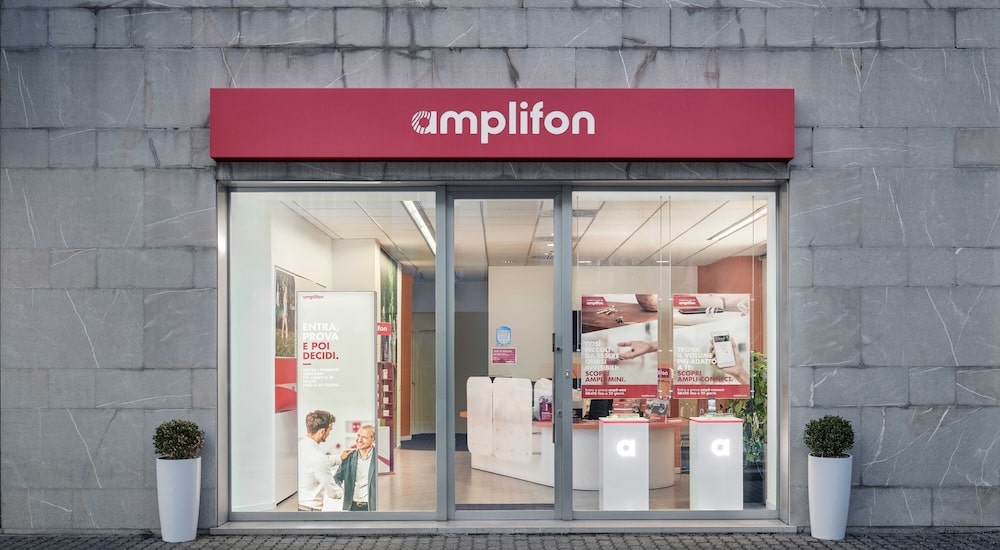NHS or private hearing aids? Smouldering debate reignited by Guardian article
media
The UK daily newspaper The Guardian says it has intervened to obtain a refund for the dissatisfied buyer of a digital hearing aid, highlighting the episode in an article that fires up the eternal private vs state-supplied hearing aid contest.

Hearing device quality is a constant talking point for anyone whose profession, business, or personal hearing loss means weighing up the values of equipment designed to restore hearing. When leading national media organs join the fray, the debate, predictably, can heat up. The Guardian's October 12 article by consumer affairs writer Miles Brignall Hearing aids: is going private really better than the NHS? will inevitably stoke the controversy anew.
It outlines the case of a 70-year-old theatre lover with unilateral hearing loss who uprgraded his National Health Service hearing aids for Widex-manufactured private devices bought and fitted at a Specsavers centre. The man and his wife, claims The Guardian, were so unhappy with the £2,800 aids that they demanded their money back after returning them repeatedly over what the article describes as "18 months of frustration". Although it acknowledges that the couple may have been "unlucky", the paper says Guardian Money intervened to ensure Specsavers provided a full refund. And the article does stress that Specsavers maintain that neither they nor the manufacturer found anything wrong with the hearing aid.
With the sub-heading, "A hi-tech device could set you back £5,000, while NHS models are good and free", Brignall's consumer piece goes on to underline the estimate by the consumer group Which of an average spend per hearing aid in the UK in 2018 of £2,613. Some spend as much as £5,000, the article claims, also a Which finding.
Next, the piece turns to the charity Action on Hearing Loss, quoting the advice of its audiology specialist, Francesca Oliver that people in need of hearing help should start by seeing what the NHS is offering before going to the private health sector. Her recommendations are broadened by a pointer on first doing one's homework before approaching the private sector, advising that only Health and Care Professions Council-accredited audiologists should be approached.
While the rest of the article points to the smaller size of private devices being the chief reason behind their sale—to patients who wish to hide the fact of their hearing loss—a section that brings balance is served by the observation: "The NHS/private dilemma is not helped by the fact that the jury is out in online debates." The author makes an appeal for people to email accounts of their experiences, while just two hours after the piece was posted, the comments section was quickly filling up with responses.
Hence, for a few days at least, some mainstream media coverage will no doubt fire up an old debate for voices both large and small in the hearing aid market. And this may be one of those times when many will consider that all publicity is not necessarily good.
Source: The Guardian


